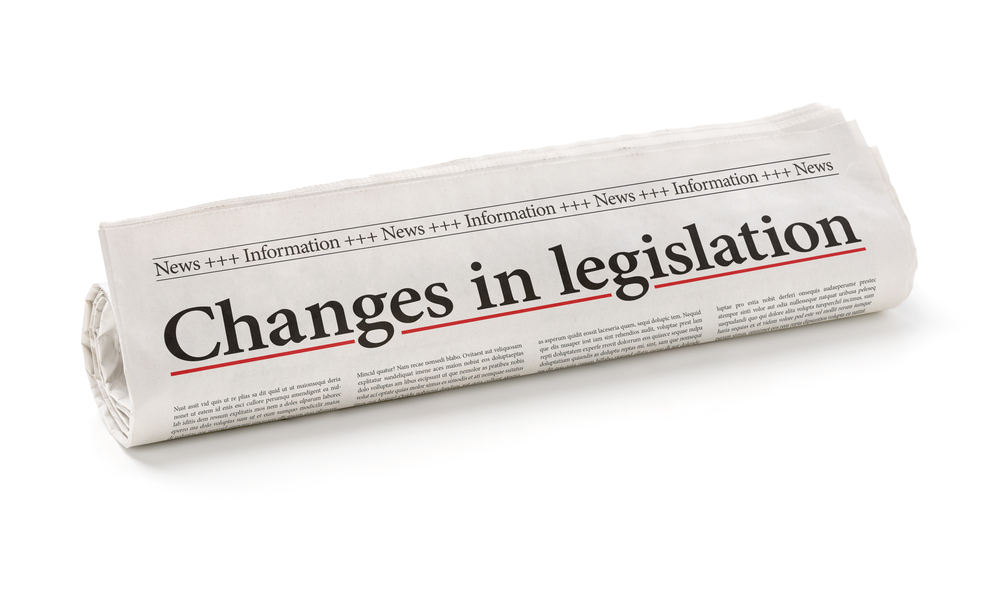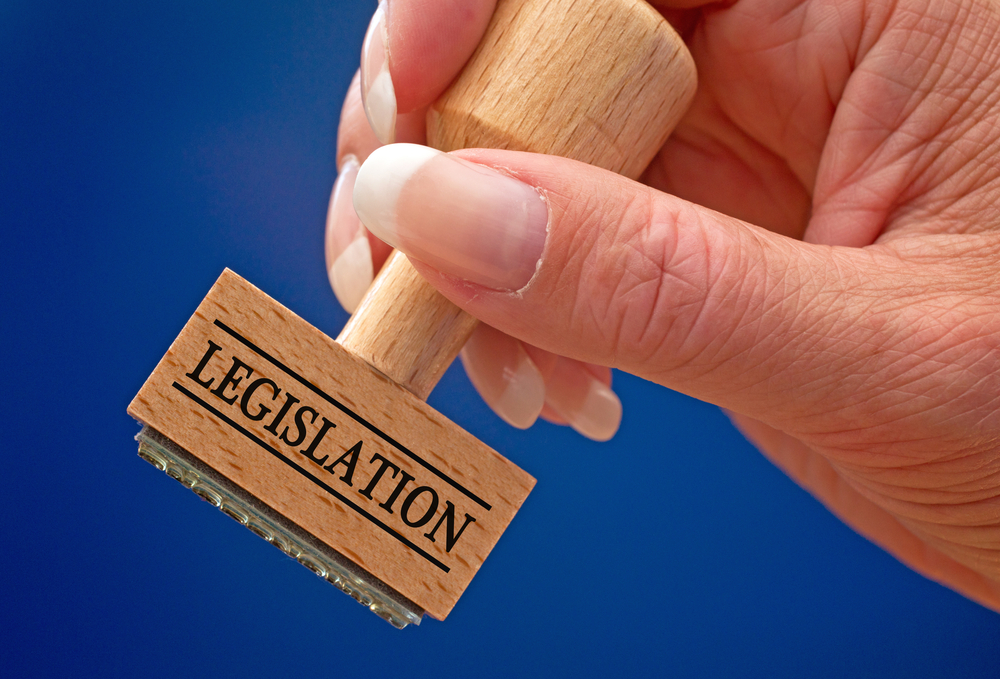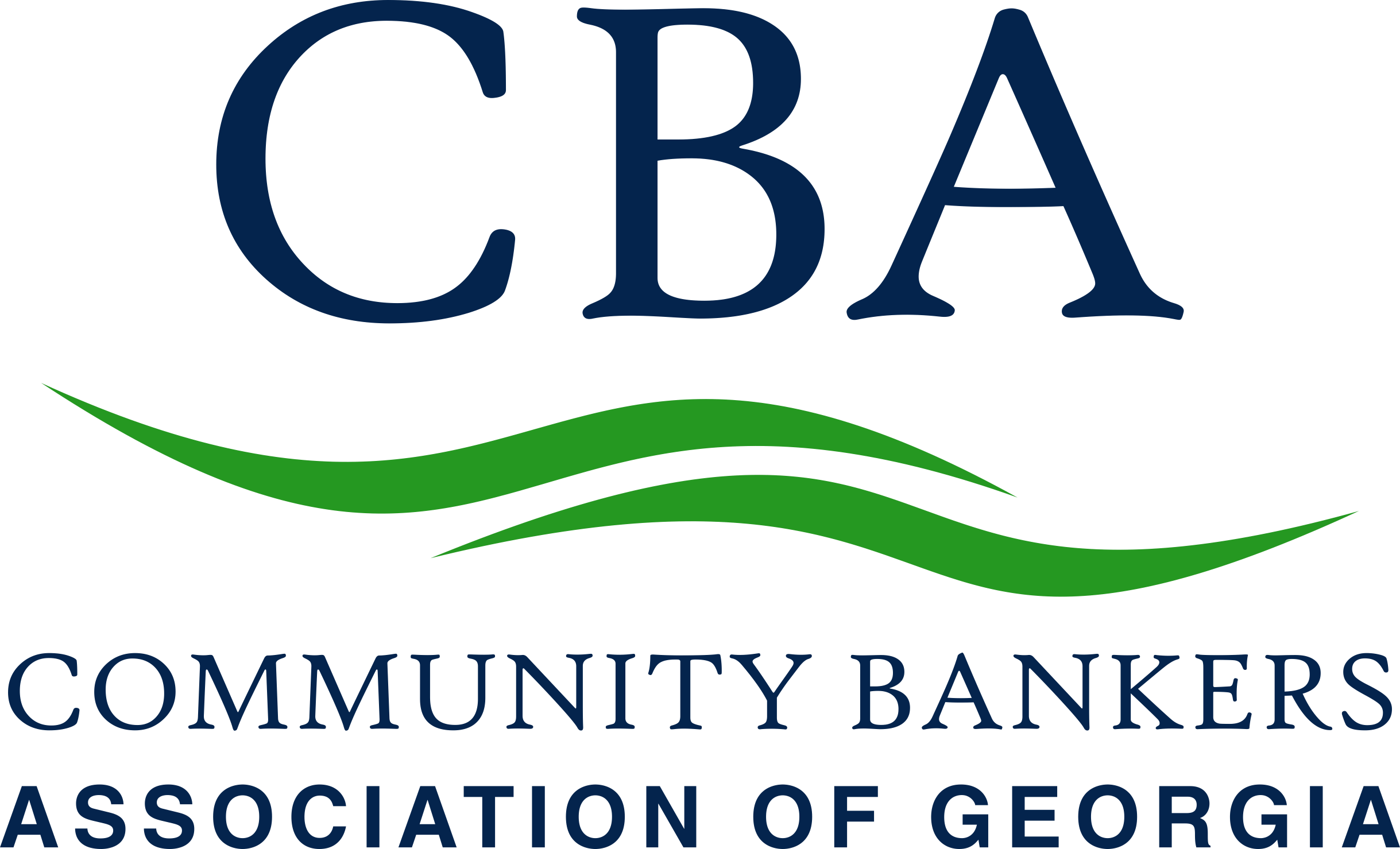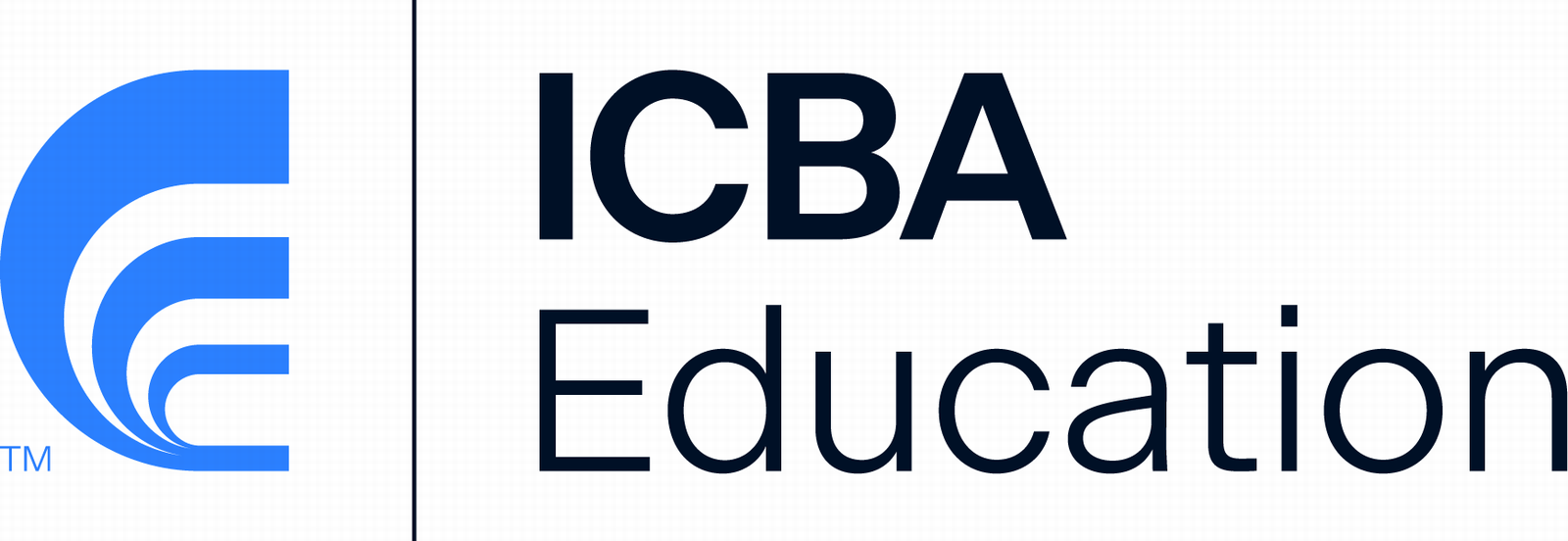Advocacy Update 2024 - Legislative Days 23-25
 With the first big “test” of the year set for next Thursday, February 29, the House and Senate were abuzz with energy this week. Adding to the chaos, lawmakers were only officially in session Tuesday, Wednesday, and Thursday but seemed to squeeze a full week’s worth of votes and committee meetings into those three days. Less than ten hours separated the final Senate committee meeting on Wednesday night and the first House committee meeting on Thursday morning.
With the first big “test” of the year set for next Thursday, February 29, the House and Senate were abuzz with energy this week. Adding to the chaos, lawmakers were only officially in session Tuesday, Wednesday, and Thursday but seemed to squeeze a full week’s worth of votes and committee meetings into those three days. Less than ten hours separated the final Senate committee meeting on Wednesday night and the first House committee meeting on Thursday morning.
Late nights become more common as the session approaches Crossover Day on Thursday. Next week, the focus will shift largely to vetting and voting on bills on the House and Senate floors, ensuring they cross to the opposite chamber in accordance with procedural guidelines.
 Department’s Housekeeping Bill (HB 876)
Department’s Housekeeping Bill (HB 876)
Rep. Bruce Williamson, R—Monroe
Bill approved by the Senate Banking & Financial Institutions Committee on Feb 20th
The bill is the annual housekeeping for the Department of Banking & Finance.
Veterans Benefits (SB 451)
Sen. Nabilah Islam Parkes, D—Duluth
Bill tabled by the Senate Banking & Financial Institutions Committee on Feb 20th and approved on Feb 22nd
The bill as originally introduced was gutted and replaced with new language. The substitute bill provides protections for veterans and other eligible persons applying for benefits. Oversight would be provided by the Georgia Department of Veterans Services or the United States Department of Veterans Affairs. The substitute version no longer has any language relating to a loan program administered by the Department of Banking & Finance.
Central Bank Digital Currency (HB 1053)
Rep. Carter Barrett, R—Cumming
Bill approved by the House Banks & Banking Committee on Feb 21st
The bill prohibits governmental agencies from using central bank digital currency as payment and from participating in testing the use of such currency.
Earned Wage Access (SB 254)
Sen. Matt Brass, R--Newnan
Bill approved by the House Banks & Banking Committee on Feb 21st
The bill provides requirements for earned wage access services and provides fees that may be charged for such services. It provides that earned wage access payments are nonrecourse and are not loans and permitted fees are not interest.
Mortgage Trigger Act (HB 1040)
Rep. Scott Hilton, R—Peachtree Corners
Bill approved by the House Banks & Banking Committee on Feb 21st
The bill prohibits unfair or deceptive practices in consumer transactions related to mortgage trigger leads. Essentially, it bars credit reporting agencies from selling consumers’ contact information when they apply for a residential mortgage. ICBA has advocated for the ‘trigger leads’ bill that was introduced in the U.S. House of Representatives on Feb 8th. CBA provided feedback to the author on how to strengthen the intent based on feedback received from ICBA on this issue. The author may work on changes in the Senate if the bill crosses over.
Motor Vehicle Title Pawn (SB 452)
Sen. Greg Dolezal, R—Cumming
Motion failed on the bill by the Finance Committee on Feb 21st
The bill provides for regulations of motor vehicle title pawn transactions. There were a number of witnesses that provided testimony on the bill; however, the bill failed to get the required votes to move forward and is now dead for the remainder of the session.

Sales Made on Foreclosure Under Power of Sale (SB 541)
Sen. Nikki Merritt, D—Grayson
Bill assigned to the Judiciary Committee on Feb 21st
The bill relates to sales made on foreclosure under power of sale, manner of advertisement and conduct necessary for validity and filing. It provides for separate bidding for certain ad valorem tax foreclosure sales.
Surcharges Charged by Merchants for Purchases (HB 1386)
Rep. Solomon Adesanya, D—Marietta
The bill prohibits the merchant from requiring a purchaser using a credit card for any transaction to pay a surcharge in an amount that exceeds the actual cost to the merchant to process the transaction.
Senate Credit Card Fees Study Committee (SR 677)
Sen. Clint Dixon, R—Buford
The Resolution would create a Senate Credit Card Fees on State Sales and Excise Tax and Their Impact on Georgia Merchants and Consumers Study Committee. The Resolution outlines ten members of the committee to include:
-
Four members of the Senate; two of the members shall include the chairperson of Senate Banking & Financial Institutions Committee and the chairperson of the Agriculture and Consumer Affairs Committee
-
Six non-legislative members
-
-
One retail payments expert from a motor fuel or general retailer
-
One banking industry expert
-
One consumer member or consumer advocate
-
One payment processing expert from a processing company
-
One restaurant owner operator or representative from the restaurant industry
-
One small business owner or operator or a small business representative
-
The study would explore various subjects, including the purpose and breakdown of credit card swipe fees, the role of merchants in addressing fraudulent transactions, the volume of fraud liability imposed upon merchants through chargebacks, the impact of swipe fees on low-income consumers, the anticompetitive nature of payment card marketplace, and the ability of merchants to communicate tax amounts based on information already provided as part of the transaction. See also HR 1135.
CBA plans to stay fully engaged on this subject and will consult with ICBA on this topic as they are fully engaged at the federal level. CBA stands firm in their position that a solution should be sought at a federal level and not at the state level.
 Remote Online Notary (SB 425)
Remote Online Notary (SB 425)
Sen. Blake Tillery, R—Vidalia
Bill approved by the Judiciary Committee on Feb 22nd
The bill provides for the modernization of certain legal, notarial, and court services by electronic means. It allows an attorney to conduct a real estate closing for property in this state using electronic means under certain conditions. Attorneys in the financial institutions sector are currently reviewing the bill to determine if there are any major concerns with it as introduced.
One change for some financial institutions is the requirement that any real estate loan must be closed by an attorney. Some institutions have done HELOC and refinance closings at the institution with no attorney present. If passed, the bill will require a change in procedures for these types of closings.
The Remote Online Notary bill last was debated as HB 334 in 2022. At that time, Sen. Blake Tillery opposed the legislation and SB 425 is his attempt at perfecting it. Conceptually, CBA supports the use of a Remote Online Notary and remain hopeful that the parties can reach an agreement.
Changes were made to the bill relating to commercial real estate closings and ensuring that these closings were not part of the bill. The bill is only intended to cover 1-4 residential properties.
Uniform Commercial Code Modernization Act of 2024 (HB 1240)
Rep. Matt Reeves, R—Duluth
Bill approved by the Judiciary Committee on Feb 20th. Bill placed on the House Rules Calendar for a vote on Feb 26th
The bill updates and modernizes various statutes in the commercial code relating to commercial transactions in order to maintain uniformity in this state’s statutes governing commercial transactions as recommended by the National Conference of Commissioners on Uniform State Laws. It establishes commercial law for transactions involving digital assets, adds a new article pertaining to electronic records, and adds a new article pertaining to transitional provisions.
Forms Executed via Electronic Signature (HB 1206)
Rep. Eddie Lumsden, R—Rome
Bill heard by the Agriculture & Consumer Affairs Committee on Feb 22nd
The bill provides that failure of a business or entity to provide or offer to provide a written copy of any form which a consumer or client executes via electronic signature is declared to be unlawful as an unfair or deceptive practices. It also provides that any person engaged in any business which involves the collection of consumer or client signatures via an electronic signature pad or similar mechanism shall have a duty to maintain such signature in a manner that is secure against unauthorized disclosure.
Georgia Higher Education Assistance Corporation (HB 985)
Rep. Chuck Martin, R-Alpharetta
Bill was passed by the Senate Higher Education Committee on Feb 22nd
The bill abolishes the Georgia Higher Education Assistance Corporation.
Peach Save Plan (SB 477)
Sen. Chuck Hufstetler, R—Rome
Bill heard by the Retirement Committee on Feb 22nd
The bill creates the Peach Save plan and provides for membership and eligibility requirements. The bill creates an option for small businesses that do not offer 401-K plans to participate in this program.
Religious Freedom Restoration Act (SB 180)
Sen. Ed Setzler, R—Acworth
Bill approved by the Judiciary Committee on Feb 22nd
The provides for the preservation of religious freedom and allows for the granting of relief.
[PROPERTY]
Provide for Transfer-on-Death Deeds (HB 1247)
Rep. Rob Leverett, R—Elberton
Bill approved by the Judiciary Committee on Feb 20th
The bill provides for transfer-on-death deeds and provides for execution and recording of such deeds. These deeds shall not be revoked by wills.
Photographic Identification Cards for Deed Filings (HB 1292)
Rep. Gabe Okoye, D—Lawrenceville
Bill approved by the Judiciary Committee on Feb 22nd
The bill requires the clerks of the superior court to obtain photographic identification cards of individuals who present deeds or other instruments for recording. It also provides remedies for fraudulently recorded deeds or other instruments. CBA and others in the financial industries sector worked with the author of the bill to get an exemption for federally insured financial institutions or credit unions and their affiliates added to the substitute.
Premises Liability (SB 186)
Sen. Greg Dolezal, R—Alpharetta
Bill approved by the Insurance and Labor Committee on Feb 21st
The bill limits landowner liability regarding invitees, licensees, and trespassers. It provides for no landowner liability due to allege constructive notice of prior crimes or violent nature and provides for the apportionment of fault.
Possessory Interest in Certain Land by Foreign Persons (SB 420)
Sen. Jason Anavitarte, R—Dallas
Bill approved by the Regulated Industries and Utilities Committee on Feb 22nd
The bill prohibits the acquisition of possessory interest in certain land by certain foreign persons and entities.
Unsolicited Inquiries (SB 474)
Sen. Russ Goodman, R—Cogdell
Bill approved by the Judiciary Committee on Feb 21st
The bill provides for notices of solicitation including monetary offers and renders certain contracts accompanying unsolicited offers from unlicensed individuals void. There is a specific exemption provided for state chartered financial institutions. CBA worked with the author of the bill to change the definition of financial institutions to include both state and federally chartered institutions.
[JUDICIAL]
Adult Abuse, Neglect, and Exploitation Multidisciplinary Team (HB 1123)
Rep. Carter Barrett, R—Cumming
Bill approved by the Judiciary Non-Civil Committee on Feb 22nd
The bill establishes an Adult Abuse, Neglect, and Exploitation Multidisciplinary Team in each judicial circuit. An Elder Justice Coalition for the State of Georgia shall also be created. CBA worked with the author of the bill to have the Association included as part of this coalition, which was part of the substitute passed by the committee.
COVID-19 Pandemic Business Safety (SB 430)
Sen. Greg Dolezal, R—Cumming
Bill assigned to the House Judiciary Committee on Feb 16th
The bill revises provisions for rebuttable presumptions of risk by claimants in certain COVID-19 liability claims by repealing certain warning requirements. The liability protections remain in place, but the legislation removes the need for the warning signs that became ubiquitous during the pandemic.
[TECHNOLOGY]
Elections Interference with a Deep Fake (HB 986)
Rep. Brad Thomas, R—Holly Springs
Bill was passed by the House with a vote of 148-22 on Feb 22nd
The bill establishes the criminal offense of election interference with a deep fake.
AI Usage by State Agencies (HB 988)
Rep. Brad Thomas, R—Holly Springs
Bill assigned to the Senate Science and Technology Committee on Feb 20th
HB 988 requires the Georgia Technology Authority to conduct an annual inventory of all systems that employ artificial intelligence and are in use by a state agency. This would apply to the Department of Banking and Finance. The bill defines AI as a “machine-based system that can, for a given set of human-defined objectives, make predictions, recommendations, or decisions influencing real or virtual environments…”
Personal Privacy Protection Act (HB 1113)
Rep. Matt Reeves, R—Duluth
Bill approved by the Governmental Affairs Committee on Feb 22nd
The bill prohibits the collection and release of certain personal information. It excludes certain information from state open record laws and creates the crime of improper collection or disclosure of personal information. See also SB 414.
Georgia Consumer Privacy Protection Act (SB 473)
Sen. John Albers, R—Roswell
Bill approved by the Science & Technology Committee on Feb 22nd
SB 473 protects the privacy of consumer personal data, defined as information that is linked or reasonably linkable to an identified or identifiable individual. It allows a consumer to invoke these rights, including correcting inaccuracies, deleting personal information, obtaining a copy of their personal information, opting out of the processing of their personal information, etc. The controller of personal data is obligated to limit the collection of such information to what is adequate, relevant, and reasonably necessary.
Changes were made to the language of exemptions and it now reads “nothing in this article shall construed to conflict with the specific requirements mandated by any provision of federal law”. There are concerns that this bill plus GLBA would apply to our banks. CBA and others in the financial industry sector are working to get an exemption for financial institutions put back into the bill.
[TAXATION]
Income Tax Rate (HB 464)
Rep. Shaw Blackmon, R—Bonaire
Bill approved by the Ways & Means Committee on Feb 21st
As dropped, this bill was a placeholder for taxation issues. The bill was modified to remove provisions of the Revenue Shortfall Reserve statute relative to 2005 and provide amounts of the Revenue Shortfall Reserve to be used only for tax relief.
Increase Statewide Ad Valorem Exemption for Tangible Personal Property (HB 808)
Rep. Mike Cheokas, R--Americus
Bill approved by the Ways & Means Committee on Feb 21st
The bill increases a statewide ad valorem tax exemption for tangible personal property. The exemption would increase from $7,500 to $50,000 in a tiered manner over several years. A substitute bill was presented capping the exemption at $20,000 instead of $50,000 over several years.
Assessment on Standing Timber (HB 1069)
Rep. Chas Cannon, R—Moultrie
House approved the bill with a vote of 167-1 on Feb 21st. Bill assigned to the Senate Finance Committee on Feb 22nd
The bill relates to assessment of standing timber and authorizes the disclosure of records to the State Forestry Commission.
Digital Production Income Tax Credit (HB 1180)
Rep. Kasey Carpenter, R—Dalton
Bill approved by the Ways & Means Committee on Feb 21st
The bill increases the base investment required for a qualified production company to qualify for a tax credit. It provides for a maximum amount of credits that may be transferred each year and provides for proration for transferability of credit under certain circumstances.
 Georgia Intellectual Property Protection Act (HB 1244)
Georgia Intellectual Property Protection Act (HB 1244)
Sen. Todd Jones, R—South Forsyth
Motion failed on the bill by the Judiciary Committee on Feb 22nd
The bill provides for the establishment of dispute financing provisions. It provides for conflicts of interest in certain circumstances, for financier limitations, for certain disclosures with foreign entities, and for indemnification by dispute financiers. There were numerous questions raised on the bill in committee; however the bill failed to get the required votes to move forward and is now dead for the remainder of the session.
Owner and Deed Holder (HB 1299)
Rep. Teddy Reese, D—Columbus
Bill assigned to the Judiciary Committee on Feb 20th
The bill relates to recording relative to property and provides for notice to the owner and deed holder when another ded is filed by another party.
Loss of Property Value Due to Local Government Failures (HB 1359)
Rep. Houston Gaines, R—Athens
Bill assigned to the Governmental Affairs Committee on Feb 22nd
The bill provides for a refund for loss of property value or expenses incurred due to the failure of local governments to enforce certain laws, ordinances, and resolutions or due to a local government's adoption of a sanctuary policy.
Merchants Refusing to Accept Cash (SB 548)
Sen. Derek Mallow, D—Savannah
Bill assigned to the Banking & Financial Institutions Committee on Feb 22nd
The bill prohibits merchants from refusing to accept cash for purchases. See also HB 940.
Refunds on Returned Goods (SB 549)
Sen. Derek Mallow, D—Savannah
Bill assigned to the Banking & Financial Institutions Committee on Feb 22nd
The bill prohibits retailers from conditioning the issuance of refunds on the buyer returning goods to any place other than the retail establishment where such goods were purchased.


